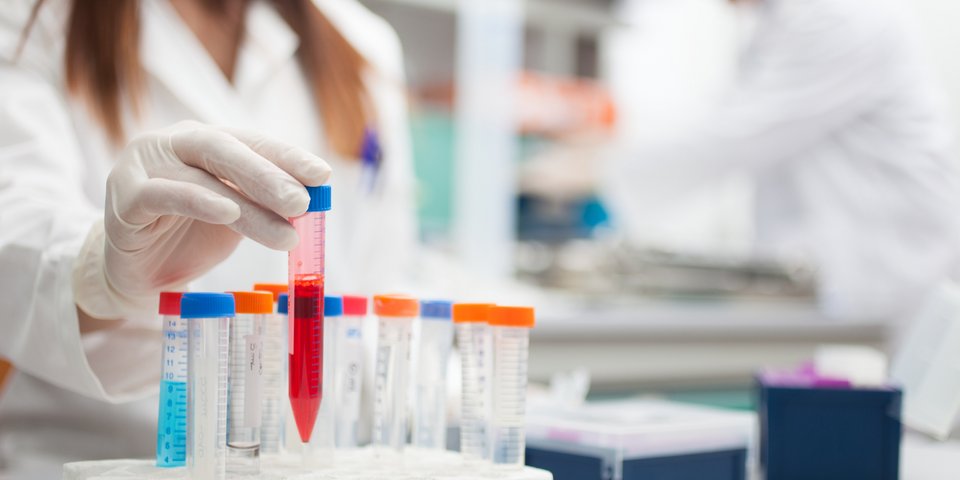 Minerva Studio - Fotolia
Minerva Studio - FotoliaEMA authorisation procedure for drugs under observation
German Statutory Health Insurance and European Ombudsman call for more transparency.
RB – 08/2019
Placing
a new medicine on the European market requires authorisation from the European
Medicines Agency (EMA).
The EMA provides
manufacturers with advisory support in order to ensure that the methods used to
demonstrate the benefit of a product are properly applied prior to submitting
an application for market authorisation. This support consists of what is known
as ‘pre-submission’ activities. The aims of pre-submission activities are to
assist the manufacturer to collect the necessary scientific evidence in a
methodologically correct manner, to minimise the risk of exposing patients to
unnecessary clinical trials, to increase the value of the data generated and to
reduce administrative burden.
Participation in pre-submission
activities is voluntary for the manufacturers and the recommendations of the
EMA in the consultation procedure are not binding for the manufacturer.
Ombudsman identifies conflicts of interest
If a manufacturer requests
advisory support from the EMA, the Scientific Advice Working Party (SAWP)
appoints two coordinators with the appropriate expertise, who in turn select
their own team of experts.
If the
manufacturer decides to submit a marketing authorisation application after the
consultation phase has been completed, two rapporteurs are appointed on the
basis of the ‘best available expertise’, who in turn put together their own team
of experts.
On her own initiative, the ombudsman
submitted a request to the EMA in 2017, in particular to make pre-submission
activities and the transition to the application procedure more transparent.
The inquiry revealed that,
despite the utmost care, the current procedure has weaknesses with regard to
the appointment of coordinators and rapporteurs. In 2017 and 2018, in approximately
ten percent of marketing authorisation applications, at least one rapporteur
was previously appointed as coordinator in the pre-submission phase for the
same drug and could therefore have been prejudiced.
The EMA confirms that the
selection of persons is made with the greatest care. However, in highly specialised
areas of research and medicine, there is little room to manoeuvre when selecting
the right experts. The EMA stresses that the members of the Committee for
Medicinal Products for Human Use (CHMP) also must submit a declaration of
interests to the EMA.
Instruments for greater transparency
In
order to further improve the system, the Ombudsman invited interest groups to
put forward their views during the public consultation.
The German Statutory Health Insurance (GKV) contributed to the consultation.
The Ombudsman’s decision, published in July 2019, shows that the GKV’s
suggestions have been fruitful.
The
Ombudsman recommends that there should be a separation between experts responsible for providing
advice to a manufacturer and the rapporteurs responsible for assessing the
market authorisation application for the same medicine.
If, in exceptional cases, it is
not possible to separate the experts in the two procedures, the EMA should
document the reasons for its decision and publish this information with the
European Public Assessment Report (EPAR). However, the EMA should ensure that at
least one of the two rapporteurs in the authorisation procedure did not play a
prominent role in the pre-submission activities. Finally, the Ombudsman
recommends that the EMA attach to the EPAR a detailed log of all relevant pre-submission
activities, including the names of the experts involved.
